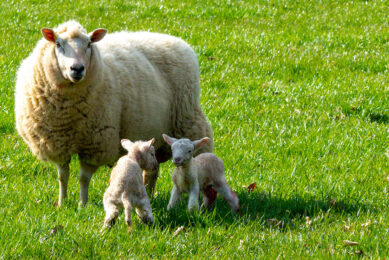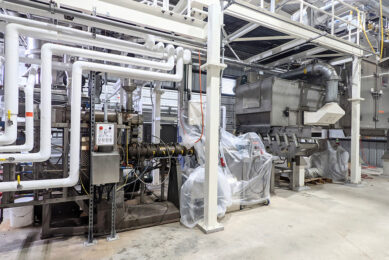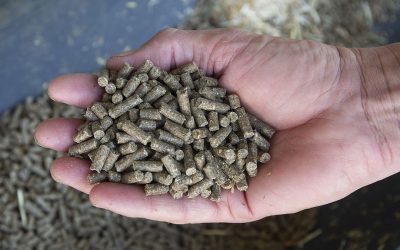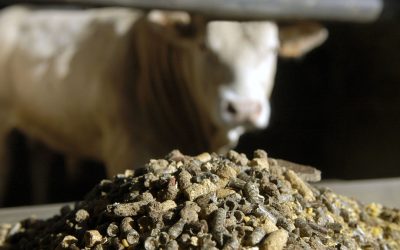Research: Pelleting improves microbial fermentation
Effect of pelleting and pellet size of a concentrate for intensively reared beef cattle on in vitro fermentation by two different approaches.
Two in vitro experiments were performed to evaluate the effect of concentrate pelleting for intensively reared cattle on rumen microbial fermentation.
In Experiment 1, a concentrate was incubated as meal (M) or pelleted to 3.5 (P3.5) and 10 (P10) mm diameter, either in their original form or re-ground to 1 mm particle size (MG, P3.5G and P10G) and their gas production pattern was studied.
When the concentrate was incubated in its original form, gas produced with M was higher than with P10 at 1 h and from 3 to 6 h of incubation, showing that pelleting to 10 mm diameter delayed microbial fermentation of the concentrate at the initial stages of incubation.
When the concentrate was incubated ground, MG produced the lowest gas volume up to 8 h, but there were no differences with P10G afterwards.
This indicates that, once avoided the limitation of microbial accessibility by pellet and particle size, fermentation increased because starch gelatinisation was promoted by processing.
However, the magnitude of this effect was not different between the two pellet sizes.
In Experiment 2, the original forms of concentrate (M, P3.5 and P10) were incubated for 24 h in a semicontinuous incubation system at pH 6.5 and 5.8, and concentration of volatile fatty acid (VFA) was monitored at 4 and 10 h.
The pH reduction decreased gas production throughout the experimental period.
Gas production from M was higher than P10 up to 4 h, at 6 h and from 20 to 24 h.
Total VFA concentration at 4 h was lowest with P10, but no differences were recorded at 10 h.
Results from Experiment 2 support those from Experiment 1, even at pH 5.8 and at a liquid outflow rate of 0.10/h, that could be expected in intensively reared beef cattle.
The full research can be obtained from ScienceDirect











